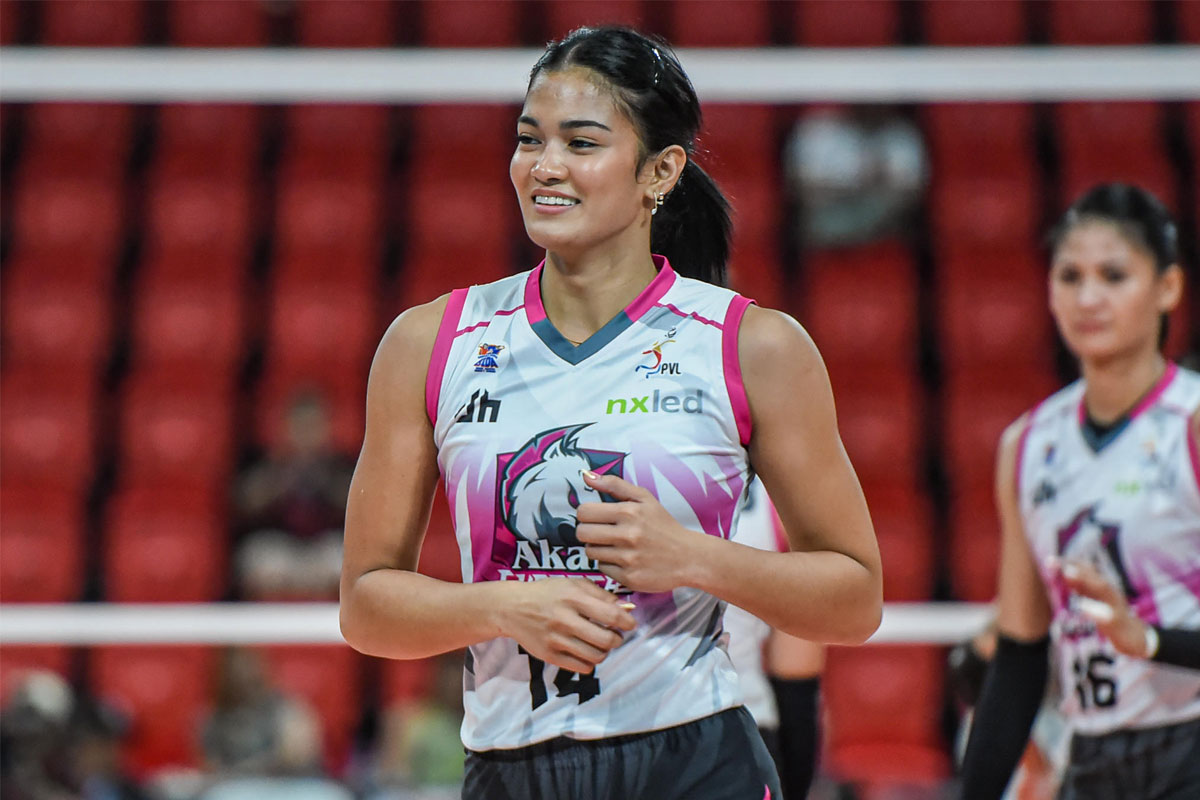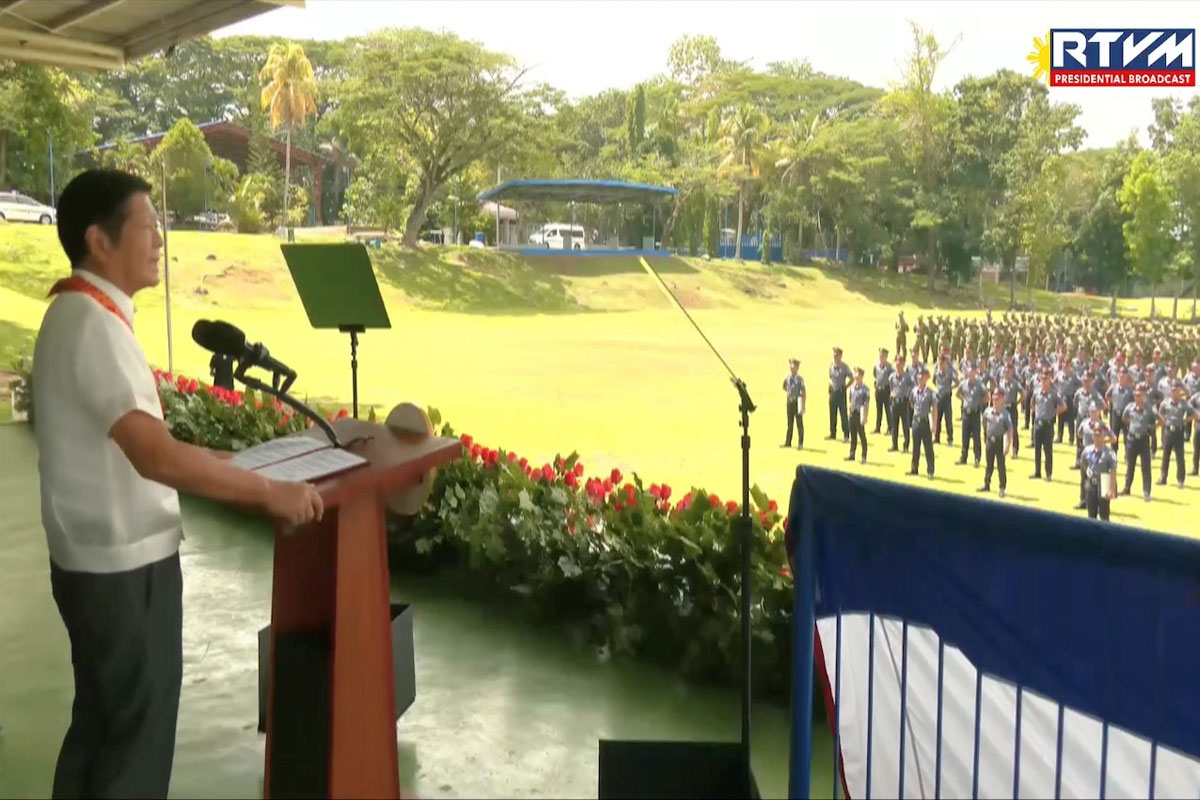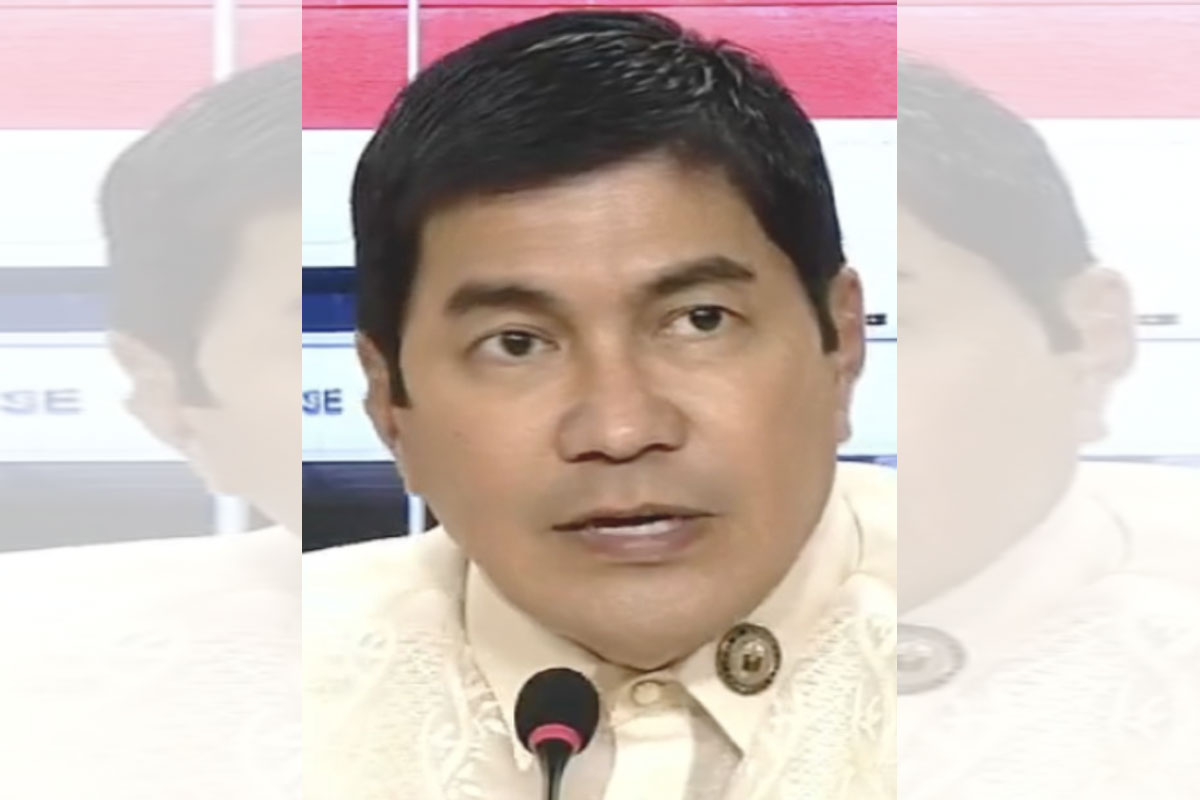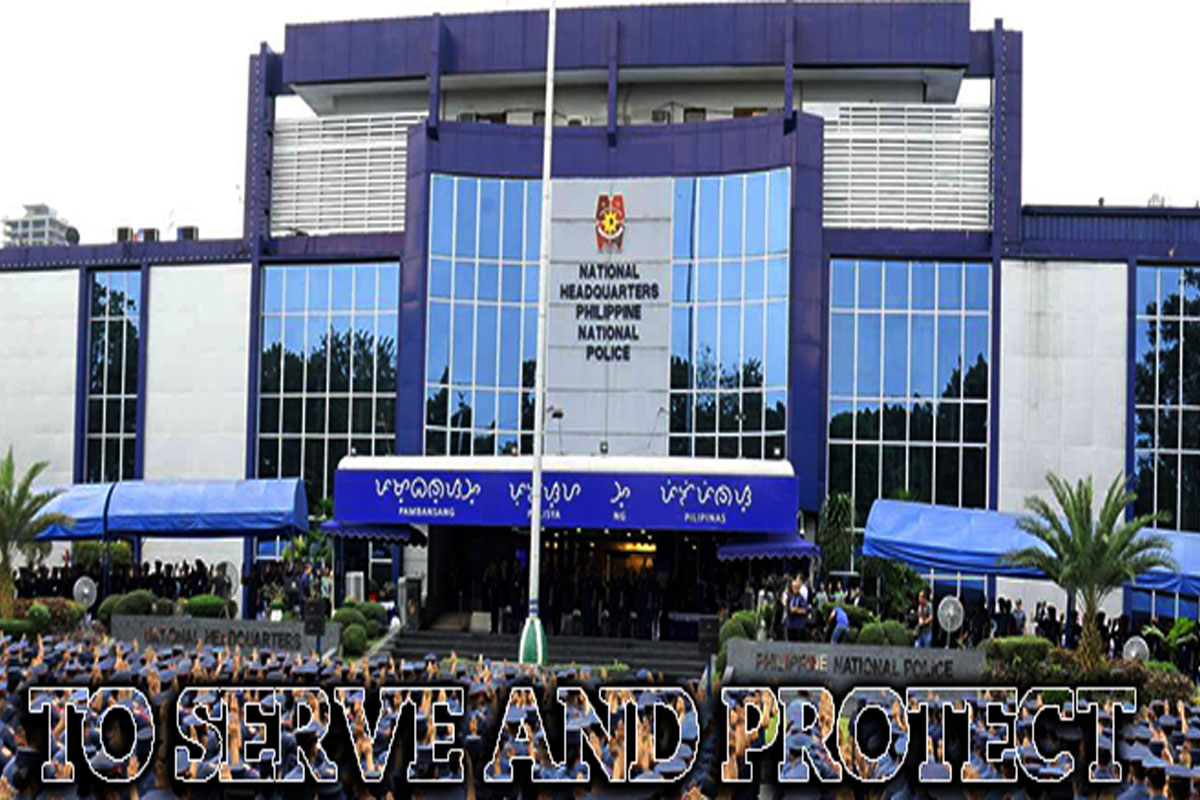
Padilla: Legalize Medical MJ
Senator cites CND’s recognition of marijuana’s therapeutic value
NO less than the United Nations’ (UN) Commission on Narcotic Drugs (CND) voted to “remove” marijuana or cannabis from Schedule IV of their drug classification list, and therefore the Philippine government must consider medical marijuana as an “alternative” therapeutic medicine for patients who need it for relief of symptoms or cure.
This was revealed by neophyte Senator Robinhood Padilla, who introduced Senate Bill (SB) No. 230, granting access to medical cannabis or medical marijuana as “a compassionate alternative means of medical treatment in the country.”
Padilla said that if the international medical community is considering the therapeutic benefits of medical marijuana, it’s about time that the government should be “open” to the realization of doing the same.
The United Nations Commission on Narcotic Drugs reportedly voted to remove cannabis from Schedule IV’s drug classification list.
Schedule IV includes dangerous and highly addictive drugs such as heroin and fentanyl.
Cannabis or marijuana is still deemed a controlled substance by the UN. The reclassification is expected to bolster efforts to study the drug’s medical and therapeutic benefits, the research said.
Padilla, who filed the bill SB 230, said his move to legalize marijuana is based on expanding research by experts who clearly explained its medical properties and the help every patient can achieve.
Known as “Bad Boy” in Philippine cinema, Padilla further maintained that even the World Health Organization (WHO) noted that several scientific studies support the claim that cannabis or marijuana consumption helps reduce pain and nausea and has been found to effectively treat symptoms of multiple sclerosis and epilepsy and other medical conditions.
“In other words, this is about compassion,” he said.
Padilla said the government should consider this move seriously and, by way of exception, allow the use of cannabis for compassionate purposes for those suffering from various sicknesses.
It was also revealed that more than thirty countries, including Canada, Denmark, Finland, Israel, Luxembourg, Netherlands, Norway, and Switzerland, have approved the use of medical cannabis.
In Asia, Thailand has become the first country to decriminalize cannabis for medical use. Cannabinoids, the active chemical in medical cannabis, are similar to chemicals the body makes that are involved in appetite, memory, movement, and pain.
Padilla cited reports that even in the United States last 2018, the United States Food and Drug Administration approved Epidiolex, which is made from Cannabinoids as a therapy, such as dronabinol and nabilone, in treating nausea and vomiting as side effects of chemotherapy.
He further explained that marijuana has a long history of human use as herbal medicine before being classified as a drug with a high potential for abuse that could bring various harmful effects to its user.
He said the purpose of legalizing medical marijuana “is to promote health and well-being of our citizens who are proven to be in dire need of such while at the same time providing the strictest regulations to ensure that abuses for casual use or profiteering be avoided.”
In his bill, Padilla specified that only those patients with debilitating medical conditions such as cancer, glaucoma, multiple sclerosis; damage to the nervous system of the spinal cord, with an objective neurological indication of intractable spasticity; epilepsy; positive status for human immunodeficiency virus (HIV) or acquired immune deficiency syndrome (AIDS); and rheumatoid arthritis or similar chronic autoimmune inflammatory disorders will be given the medical prescription.
Padilla said it is also clearly stated in his bill that those who will abuse will have to face 12 months of incarceration, and the medical practitioners who will be caught giving prescriptions for no valid reason will have to face 20 years of imprisonment.
The Department of Health (DOH), in his explanatory note, will have to establish a Medical Cannabis Compassionate Centers (MCCC) in tertiary hospitals and the only one authorized to acquire, possess, deliver, transfer, cause the cultivation, manufacture, store, sell, supply, and dispense medical cannabis.
The proper health authorities will establish a monitoring system under the direct supervision of DOH, who will also establish a Prescription Monitoring System and maintain an electronic database of registered medical cannabis patients and their physicians.
“The DOH shall issue registry identification cards to qualified medical cannabis patients, which shall also contain a QR code unique to every qualified patient,” Padilla stated in his explanatory note as he added that the State must intervene to assure that users consume only the proper and needed doses and in a form that is manufactured in an environment approved by the Dangerous Drug Board (DDB).
According to the WHO (World Health Organization) International Agency for Research on Cancer, there were 153,751 new cancer cases and 92,606 cancer deaths in the Philippines in 2020.
Based on medical studies, medical marijuana can reduce anxiety, reduce inflammation and relieve pain, control nausea and vomiting caused by cancer chemotherapy, can also kill cancer cells and slow tumor growth, relax tight muscles in people with MS and stimulate appetite and improve weight gain in people with cancer and AIDS.



















